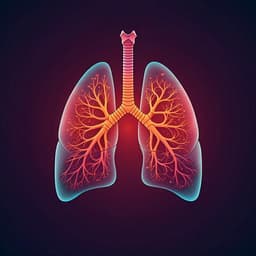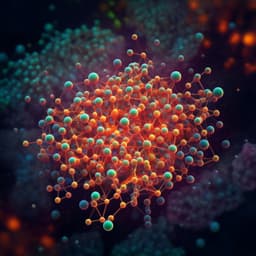
Medicine and Health
Gut microbial structural variation associates with immune checkpoint inhibitor response
Liurongh, Zhangwei, et al.
This groundbreaking study by Liurongh, Zhangwei, and Wang delves into how gut microbiome genomic structural variations (SVs) can influence cancer treatment outcomes with immune checkpoint inhibitors. By analyzing data from 996 patients in seven clinical trials, they uncover the significant role of gut microbes in treatment response and survival rates. A novel perspective on microbiome heterogeneity is revealed, highlighting an exciting avenue for improving cancer therapies.
Playback language: English
Related Publications
Explore these studies to deepen your understanding of the subject.







